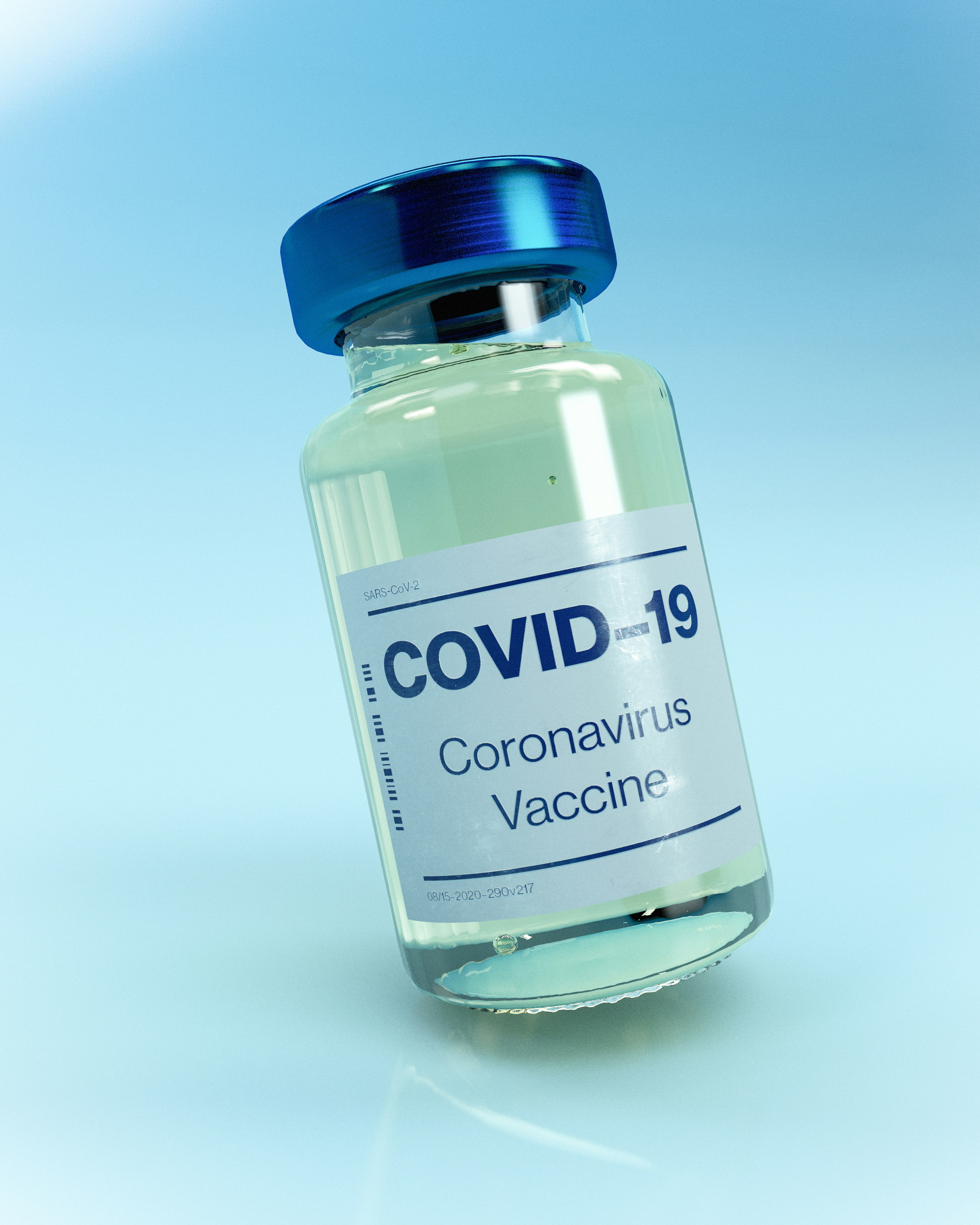Treatment and Prevention of Constipation: Simple and Easy Tips for Everyone
Constipation is a common digestive problem that can cause discomfort and inconvenience in our daily lives. Whether you are a medical professional or someone with little knowledge about medical terms, this article aims to provide you with simple and easy-to-understand tips for the treatment and prevention of constipation. We will use life scenarios, practical examples, mnemonics, rhymes, metaphors, and figures of speech to make the information easily accessible to everyone.
Understanding Constipation
Before we dive into the treatment and prevention methods, let’s understand what constipation is. Imagine your digestive system as a well-oiled machine, smoothly processing the food you eat. However, sometimes this machine encounters a glitch, causing a slowdown in the process.
Constipation occurs when there is difficulty in passing stools, resulting in infrequent bowel movements or hard and dry stools. It can be caused by various factors, including a lack of fiber in the diet, dehydration, sedentary lifestyle, certain medications, and underlying medical conditions.
Treatment of Constipation
When constipation strikes, there are several simple and effective treatment options you can try. Remember, these methods are like tools in your toolbox, and you can choose the ones that work best for you.
1. Increase Fiber Intake
Fiber acts as a broom in your digestive system, sweeping away waste and keeping things moving smoothly. Include more fiber-rich foods in your diet, such as fruits, vegetables, whole grains, and legumes. A practical example of this is to imagine fiber as the superhero of your digestive system, fighting off constipation villains!
2. Stay Hydrated
Water is like a lubricant for your digestive system. It helps soften the stool and makes it easier to pass. Make sure to drink an adequate amount of water throughout the day. You can think of water as the magical potion that keeps your digestive system hydrated and running smoothly.
3. Get Moving
Exercise and physical activity are like a gentle massage for your digestive system. They stimulate the muscles in your intestines, promoting bowel movements. Take a walk, do some yoga, or engage in any activity that gets your body moving. Imagine your intestines as a group of friends having a dance party, shaking things up to prevent constipation.
4. Establish Regular Toilet Habits
Set aside a specific time each day to visit the toilet. This helps train your body to develop a routine and promotes regular bowel movements. It’s like creating a schedule for your digestive system, ensuring it knows when it’s time to get to work.
5. Consider Over-the-Counter Options
If lifestyle changes alone don’t provide relief, you can explore over-the-counter options. There are various medications available, such as stool softeners and laxatives, that can help alleviate constipation. Remember to consult with a healthcare professional or pharmacist before using any medication.
Prevention of Constipation
Prevention is always better than cure. By incorporating simple habits into your daily routine, you can reduce the chances of constipation occurring in the first place.
1. Eat a Balanced Diet
A well-balanced diet plays a vital role in maintaining regular bowel movements. Include a variety of fruits, vegetables, whole grains, and lean proteins in your meals. It’s like feeding your digestive system with a colorful palette of nutrients, ensuring its optimal functioning.
2. Stay Active
A sedentary lifestyle can contribute to constipation. Engage in regular physical activity to keep your digestive system active and healthy. You can think of your body as a machine that needs regular movement to stay in top shape.
3. Listen to Your Body
Pay attention to your body’s signals. When you feel the urge to go to the toilet, don’t ignore it. Holding in the stool can lead to constipation. Trust your body’s natural instincts and respond accordingly.
4. Manage Stress
Stress can have a significant impact on your digestive system. Find healthy ways to manage stress, such as practicing relaxation techniques, engaging in hobbies, or seeking support from loved ones. It’s like releasing the pressure valve on your digestive system, allowing it to function smoothly.
5. Avoid Excessive Use of Laxatives
While laxatives can provide temporary relief, relying on them too frequently can disrupt the natural functioning of your digestive system. It’s like using a crutch instead of allowing your body to walk on its own. If you find yourself needing laxatives regularly, consult with a healthcare professional to identify and address the underlying cause of your constipation.
Conclusion
Constipation is a common problem that can be effectively treated and prevented with simple lifestyle changes. By incorporating fiber-rich foods, staying hydrated, engaging in regular physical activity, establishing toilet habits, and considering over-the-counter options if necessary, you can manage constipation. Additionally, by following a balanced diet, staying active, listening to your body, managing stress, and avoiding excessive use of laxatives, you can reduce the chances of constipation occurring in the first place.
Remember, taking care of your digestive system is like nurturing a well-functioning machine. With a little attention and the right tools, you can keep everything running smoothly, ensuring optimal digestive health.
